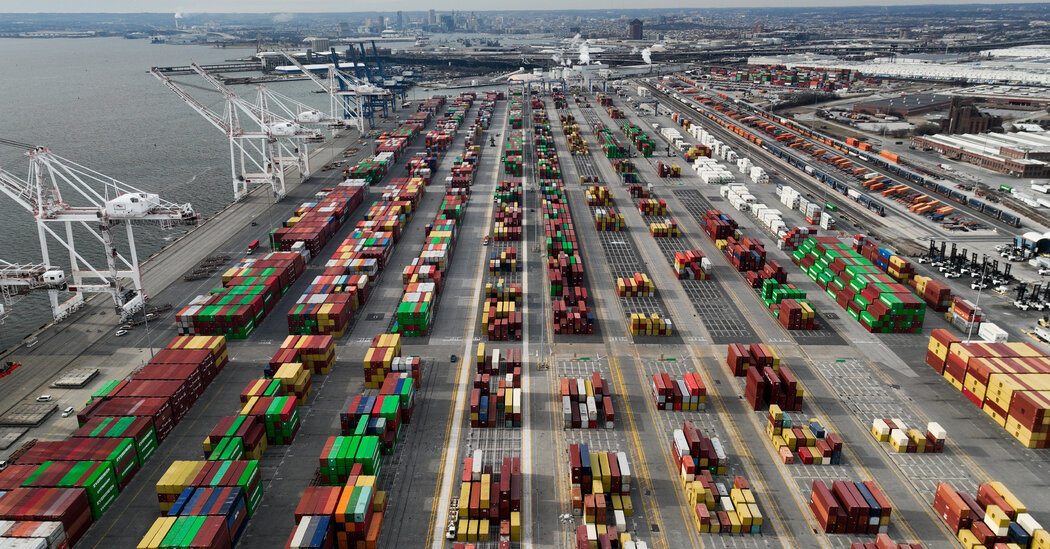The Organization for Economic Cooperation and Development (OECD) has projected that the ongoing trade war and rapid policy shifts will slow down economic growth in the United States and globally. According to the latest interim economic report, global growth is expected to dip to 3.1 percent in 2025 and 3 percent in 2026, compared to 3.2 percent last year. The U.S. is anticipated to experience a more pronounced decline, with growth falling to 2.2 percent this year and 1.6 percent next year, from 2.8 percent in 2024.
Mathias Cormann, the OECD’s secretary-general, stated that “some signs of weakness have emerged, driven by heightened policy uncertainty.” The organization also warned that increasing trade restrictions could lead to higher costs for both production and consumption. President Trump has imposed tariffs, including a 25 percent penalty on foreign steel and aluminum, affecting allies such as Canada, Mexico, the European Union, Japan, and Britain, as well as rivals like China.
The tariffs are expected to cause inflation to rise faster than previously anticipated, as noted by the OECD, which revised its previous estimate published in December. Business and consumer confidence have also shown signs of weakening. The outlook for the 20 countries using the euro is sluggish, with growth expected to increase by 1 percent this year and 1.2 percent next year. Mexico faces the grimmest forecast, with growth expected to decline to negative 1.3 percent this year and negative 0.6 percent in 2026.
Conversely, India is on track to record the strongest growth, with GDP projected to rise to 6.4 percent in 2025 and 6.6 percent in 2026. China’s economy also appears healthier, with expected growth rates of 4.8 percent in 2025 and 4.4 percent in 2026. The OECD cautioned that if trade restrictions escalate, inflation could rise and economic growth could decline even more than anticipated.
One potential positive factor is artificial intelligence, which Álvaro Santos Pereira, the group’s chief economist, said could “significantly boost labor productivity growth over the next decade.” — news from The New York Times
